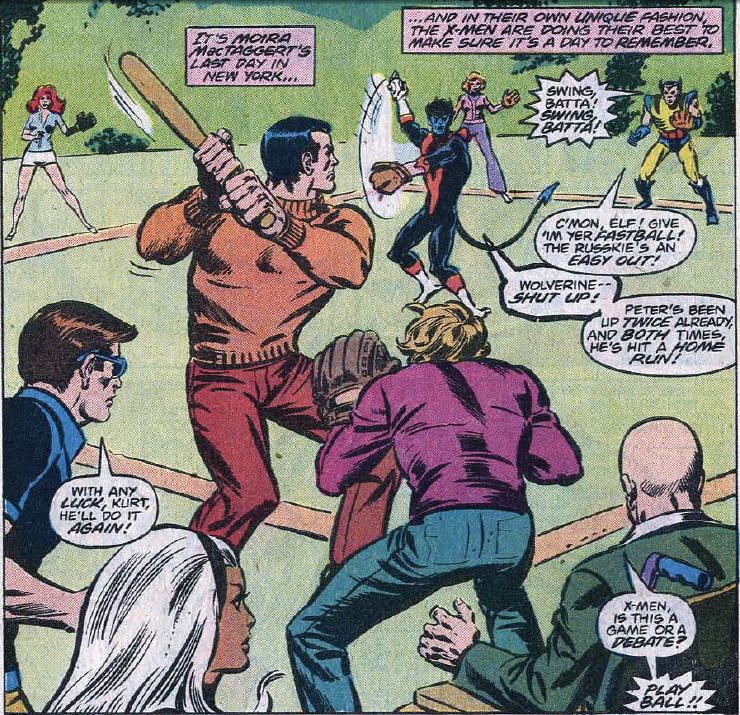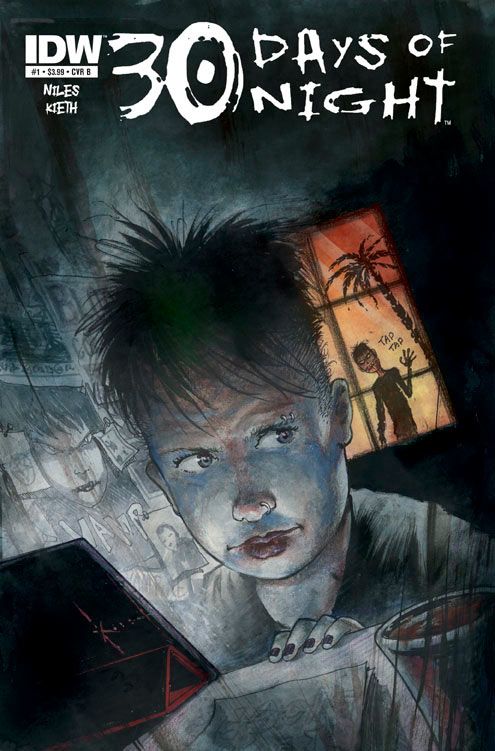I’ve been pretty down on ongoing series for the last few years. I sort of touched on it some months ago when I expressed frustration about ongoing series having to make things up as they go along. It’s hard to tell a satisfying story when you’re not building toward an end. My biggest issue with Marvel and DC’s events over the last few years hasn’t been that they want me to buy a bunch of peripheral comics; it’s that so rarely have I been satisfied at an event’s conclusion. Events don’t end; they just lead to the next in a never-ending series of more events. On a smaller scale, ongoing series are the same way. Unless I’m a completest collector, there’s no reward for reading every issue of The Amazing Spider-Man or any other long-running series. They’re stories without end and many of their parts over time are horrible.
So why do I get a thrill when I hear, for instance, that IDW is turning Star Trek and 30 Days of Night into ongoing series? I love the series-of-mini-series approach that those titles and books like Hellboy have followed for years, so what is it that gets me excited about their becoming open-ended? Part of it is the vote of confidence by the publisher when it commits to an ongoing series. Of course it’s not really a commitment, because even ongoings can be canceled at any time, but it says something that a publisher believes there’s enough life in a character or concept to support a series indefinitely.
More than that though is the statement that there are limitless possibilities with these characters or this world. That’s a thrilling idea, even though not every story is going to be a winner. I prefer the term “mini-series” to “limited series” precisely because even though “limited” doesn’t refer to imagination or scope in that phrase, I instinctively rebel at the thought that stories have limits. It’s a silly thing to get hung up on and of course stories do have limits of various kinds, but I want storytellers to fool me into thinking that they don’t. Ongoing series help to foster that willing deception.
On the other hand (or back on the first hand, I guess), I completely agree with Tom Spurgeon when he writes about REM breaking up and notes, “One thing that's interesting to me as a comics fan is a few folks wailing about the band’s demise. I can’t imagine any interpretation of that group’s long run that isn't a success story. Comics could use more projects with a beginning, middle and an end, and more fans willing to see things draw to a close.”
I’m genuinely torn about this. Whenever I’m faced with two extremes, my default tactic is to figure out where the middle ground is, but I haven’t been able to do that with the tension between ongoings and mini-series. I appreciate the tighter storytelling of mini-series, but I also love the freedom to experiment that ongoings provide. I’m thinking about how Chris Claremont used to do these sprawling, epic stories on X-Men and then follow them up with an issue where the team would just play baseball or something. I wouldn’t have wanted a whole series of those downtime stories, but they were always welcome after a dozen or so issues of heavy drama and I came to love them. You don’t get that kind of thing in a mini-series.
The balance, I think, is in refusing to choose. As much as I’d love to discover that there’s a perfect format, I don’t think there is. I’m happy that there are both and I’d love to see more publishers embrace both formats. Just because there's a 30 Days of Night ongoing doesn't mean that there shouldn't also be 30 Days of Night mini-series at the same time. Or am I wrong about that?
X-Men scan from Gentlemen of Leisure.


